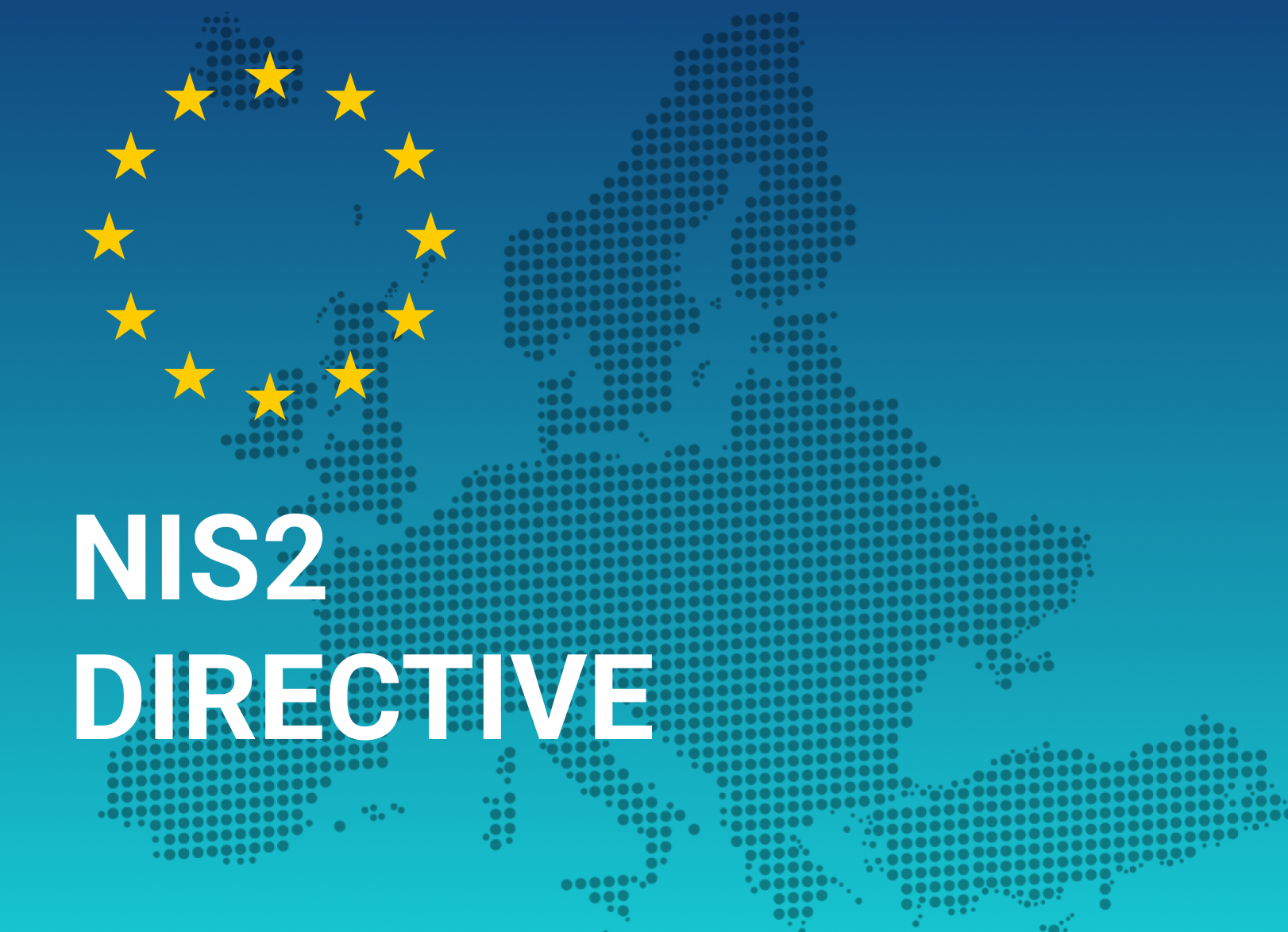The Directive on Security of Network and Information Systems (NIS2) is an EU regulation aimed at enhancing cybersecurity in critical infrastructure sectors such as healthcare, banking, energy, and transport. OES and DSPs operating within the EU are required to adhere to the directive's security and reporting requirements, which include implementing cybersecurity controls and reporting significant incidents to national authorities.
The NIS2 directive also establishes a cooperation mechanism among EU member states to share information and coordinate responses to cybersecurity incidents, with the objective of improving critical infrastructure resilience and ensuring the continued provision of essential services in the event of a cyber attack.
To ensure the security of their network and information systems, Operators of essential services (OES) and Digital service providers (DSPs) must implement a range of cybersecurity controls, including risk management, security measures, incident management, business continuity management, monitoring, auditing, and personnel security. These controls aim to mitigate risks, detect and respond to cybersecurity incidents, and ensure that personnel with access to the network and information systems are trustworthy and have appropriate security clearance.
By implementing these controls, OES and DSPs can enhance their cybersecurity posture and ensure the continued provision of essential services in the face of cybersecurity incidents. Overall, the NIS2 Cybersecurity Directive is a critical step towards improving cybersecurity in the EU and safeguarding critical infrastructure sectors from cyber threats.
The NIS2 Cybersecurity Directive requires operators of essential services (OES) and digital service providers (DSPs) to implement a range of cybersecurity controls to ensure the security of their network and information systems. These controls include:
1. Risk management: Organizations must identify and assess the risks to their network and information systems and implement measures to mitigate those risks.
2. Security measures: Organizations must implement appropriate technical and organizational measures to ensure the security of their network and information systems. These measures must be proportionate to the risks identified during the risk assessment process.
3. Incident management: Organizations must have in place an incident management process that includes detecting, reporting, and responding to cybersecurity incidents.
4. Business continuity management: Organizations must have a business continuity plan in place to ensure the continued provision of essential services in the event of a cybersecurity incident.
5. Monitoring: Organizations must monitor their network and information systems to detect cybersecurity incidents and potential vulnerabilities.
6. Auditing: Organizations must carry out regular audits of their network and information systems to ensure that the cybersecurity controls in place are effective and up-to-date.
7. Personnel security: Organizations must ensure that personnel with access to their network and information systems are trustworthy and have appropriate security clearance.
Become NIS2 compliant
Ensure NIS2 compliance with Cyber Partners' comprehensive consultancy services. Our experienced consultants can help you identify necessary security measures, create an action plan, implement solutions, and train employees to identify and report security threats. Contact us now for more information on how we can help your business become NIS2 compliant.
